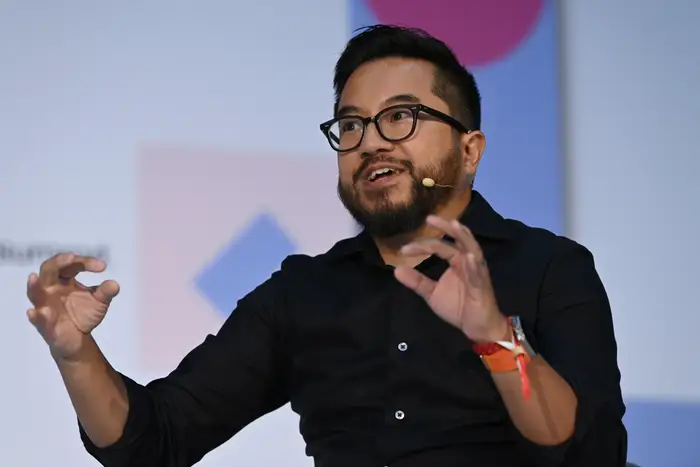Y Combinator CEO Warns Students: “Fake It Till You Make It” Mindset Could Lead to Jail Time

Garry Tan, CEO of Y Combinator (YC), has issued a strong warning to college students pursuing entrepreneurship: the “fake it till you make it” mindset, often encouraged in academic programs, could have serious consequences, including jail time. Tan expressed concern about the negative impact this attitude is having on the future of tech entrepreneurship.
During a live recording of YC’s Lightcone Podcast at the AI Startup School conference, Tan addressed a group of undergraduate, graduate, and Ph.D. students. He criticized certain college entrepreneurship programs for promoting dishonesty and an unhealthy approach to business.
“I’m very worried about them because what we’re coming to understand is they are teaching you to lie,” Tan said. “Software is the most empowering thing in the world. Why do you have to lie?”
Tan runs YC, one of the most successful startup accelerators in the world, with breakout successes like Airbnb and DoorDash. YC’s model supports promising startups by providing mentorship, investor connections, and seed funding in exchange for equity. Tan’s concern centers on the way some academic programs push students toward dishonest practices by teaching them to fake success in the early stages of a startup.
Tan’s comments are particularly pointed, with the YC CEO referencing infamous examples of business founders like Sam Bankman-Fried and Elizabeth Holmes, who both became notorious for their fraudulent practices. Bankman-Fried, founder of FTX, was sentenced to 25 years in prison, while Holmes, the former Theranos CEO, received a prison sentence of over 11 years. Tan warned students that adopting a similar approach could ruin their careers and land them in jail.
“That’s a waste of time, and you’re going to go to jail,” Tan said. He further emphasized that such behavior does not represent the true spirit of entrepreneurship, chanting, “They don’t represent us!” to the applause of the audience.
Tan’s comments come at a time when academic entrepreneurship programs are receiving increasing scrutiny. YC’s managing director of software, Jared Friedman, pointed out that many of these programs fail to reflect the reality of what it’s like to actually build a startup.
“Anytime you try to bottle up entrepreneurship and teach it as a college course, what you end up with is basically a cheap facsimile,” Friedman said, adding that students are often taught to follow rigid methods that do not reflect the true challenges of running a business.
Tan and his colleagues also took issue with how some programs are resisting the inclusion of AI in education. Diana Hu, a YC group partner, asked students at the event how many were allowed to use advanced AI tools, like Cursor, a code editor powered by AI. Few students raised their hands, signaling that many are still being restricted from using tools that are rapidly becoming essential for future entrepreneurs.
In closing, Tan urged students to embrace honesty and creativity over deception and shortcuts. As the tech landscape continues to evolve with the rise of AI and new technologies, he emphasized that those who approach business with integrity and innovation will be the ones to succeed, not those who rely on “fake it till you make it” tactics.
With the future of entrepreneurship and tech in the hands of today’s students, Tan’s message serves as a crucial reminder for the next generation of business leaders to prioritize truth, creativity, and genuine innovation.

